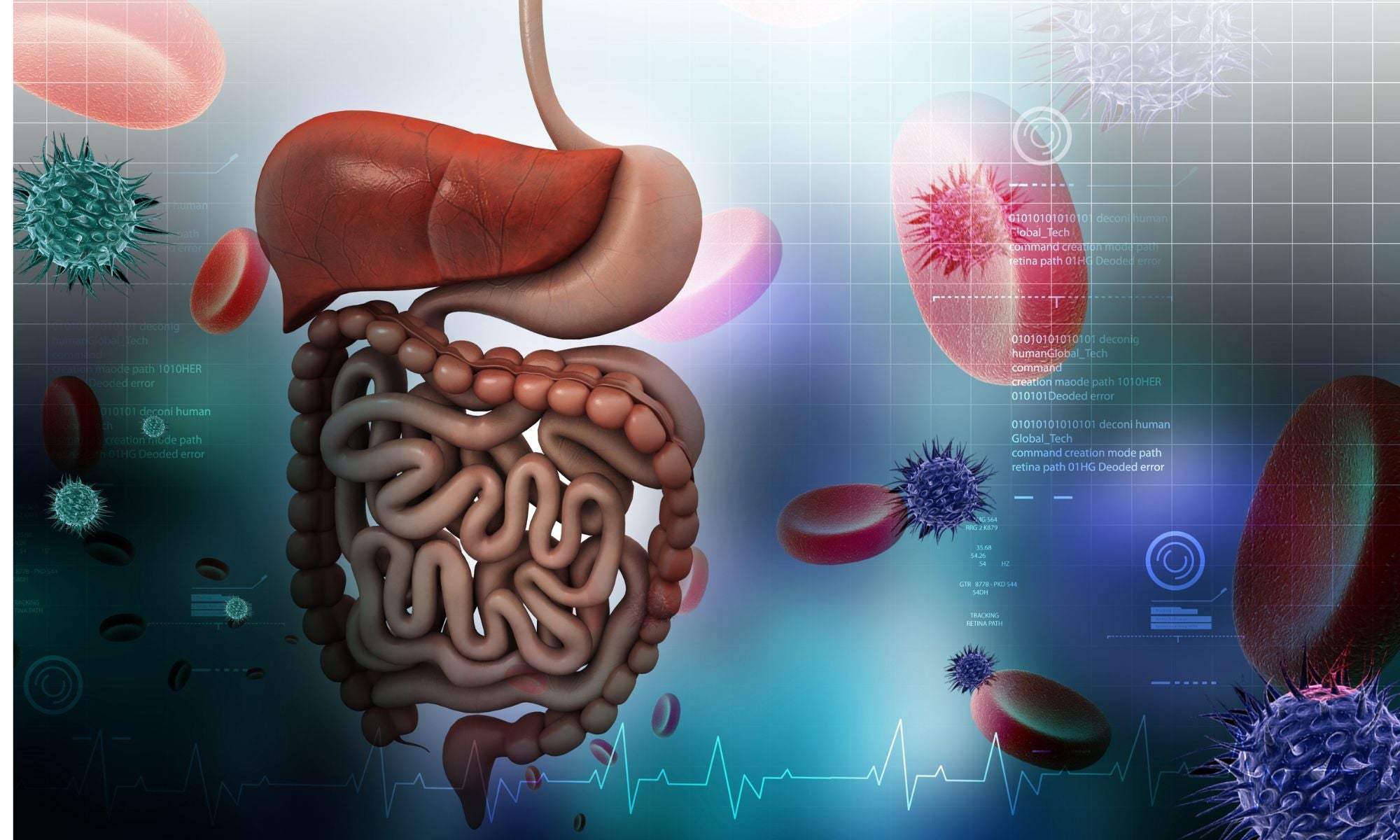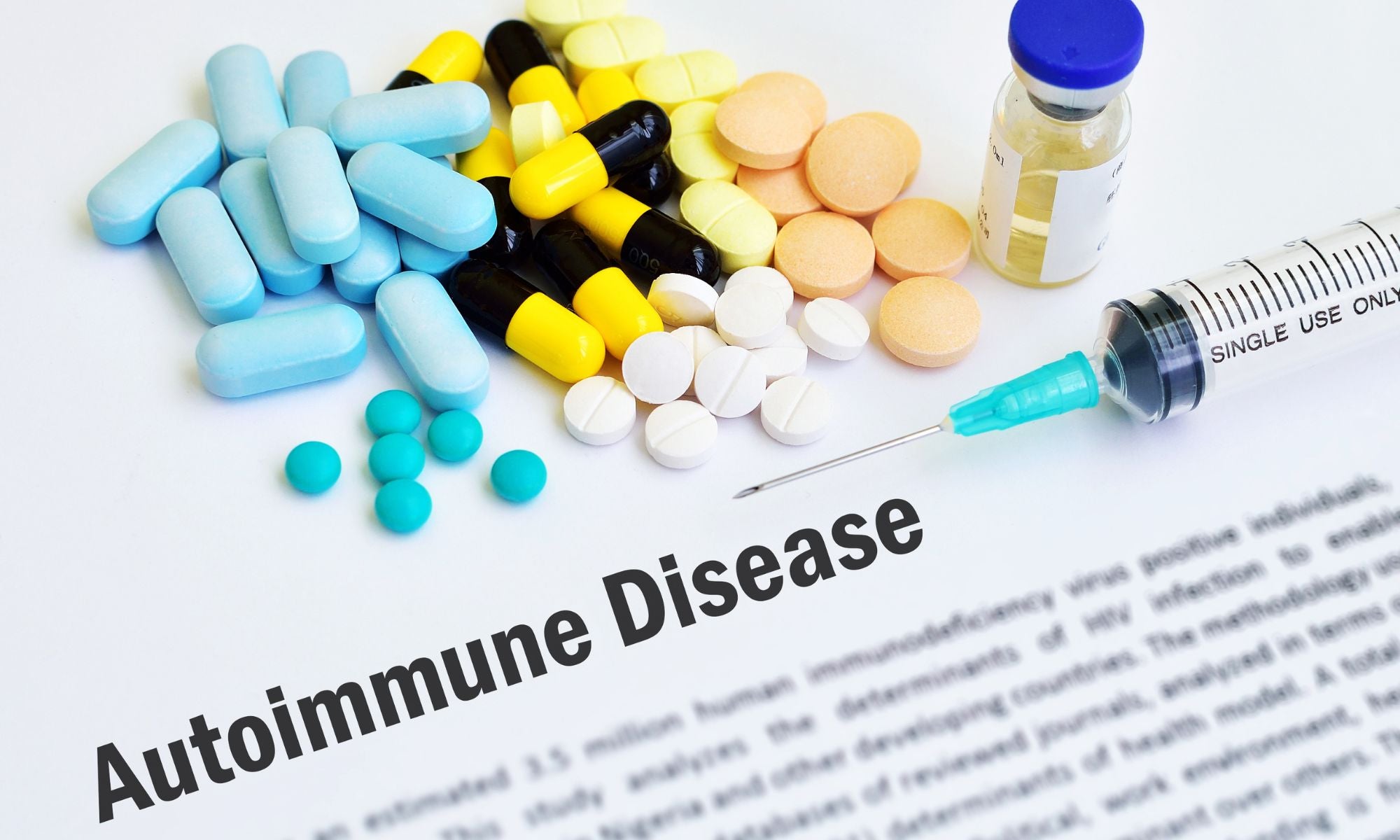
Signs That Your Gut Isn't Healthy
Introduction
If you don't have a healthy gut, you're not as healthy as you could be. It's likely affecting your overall health. The simplest way to tell if your gut isn't healthy is to ask yourself these questions:
Do I have digestive issues? Do I have constipation or diarrhea, heartburn or acid reflux? Do I feel bloated after eating certain foods? Do certain foods make me feel worse than others? Are my stools hard and dry, soft and runny (or somewhere in between)? Your gut might be out of balance if you experience any of these symptoms.
You have irregular bowel movements.
Many health problems can be caused by irregular bowel movements. They may indicate that you have constipation caused by overeating fiber or not drinking enough water; diarrhea, which can indicate colitis or irritable bowel syndrome (IBS); or both. Diarrhea can also be a symptom of severe conditions like Crohn's disease and ulcerative colitis. Your doctor should be consulted immediately if you experience fever, bloody stools, vomiting or severe abdominal pain associated with irregular bowel movements.

You're bloated for no reason.
Bloating is a sign of gas caused by the fermentation of food in your gut. This can be caused by carbohydrates breaking down or specific food sensitivities. If you're getting bloated for no reason, it's time to look at what you're eating and how your body reacts to it.
You're tired all the time.
If you're constantly fatigued, it's time to look at what's happening inside your body. Digestion is one of the most energy-intensive processes in the body. If you don't digest well, it will show up as fatigue. Poor sleep quality can be another culprit of fatigue, so if you're not sleeping well or getting enough sleep, that could also play into your tiredness. If this sounds familiar and you notice that after eating certain foods—or even after specific meals—you feel worse than others (and maybe even energized). It's possible that something else in your gut isn't working quite right, either.
In addition to looking at physical symptoms like fatigue and insomnia (common gut problems), I often ask my clients how they feel emotionally after eating certain foods. These emotions can include irritability/anger/anxiety/depression...the list goes on! This is where things get interesting; these emotional reactions are actually due to neurotransmitters released from our brains during digestion!
When we overeat sugar or processed food without enough fiber from vegetables and whole grains (which slows down digestion), this causes digestive problems such as constipation or diarrhea, resulting in stress and anxiety as our bodies are deprived of nutrients needed for proper brain function.
Your skin is breaking out.
Your skin is the largest organ in your body. It can be a significant indicator of how you're feeling inside. To determine if your gut health needs some TLC, look at how your skin looks and feels. A pimple or rash on your face or body could indicate an imbalance in your diet or lifestyle, which may affect the health of your gut bacteria.
Your mood is affected.
Your mood is affected.
Gut health is strongly linked to mental health, according to studies. If you're experiencing depression, anxiety or irritability, getting tested for gut problems is a good idea.
Mental health can be improved by following some of these tips:
- Eat more fermented foods like yogurt, kimchi and kefir to increase healthy bacteria in your gut. These foods contain probiotics that help control inflammation and improve digestive health—which may contribute to better moods overall!
- Reduce stress through meditation or yoga regularly (at least once weekly). Stress is one of the leading causes of poor mental health, so reducing this type of activity will help lower those numbers significantly over time! Do whatever works best for you personally but make sure it gets done daily if possible!

Sugar cravings are constant and intense.
Sugar cravings are common, but they're also a sign that your gut isn't healthy. Sugar is simply the quickest way to give your body the energy it needs when feeling drained or exhausted. It's easy to pop a candy bar or order some French fries when you can't figure out what else to do, but if you get tired of eating sugar all day long, consider this: Sugar is bad for your body and mind in so many ways!
The list of reasons why sugar is bad for you could fill an encyclopedia, but here are some highlights:
- Sugar causes cravings for more sugar. This makes it hard (even impossible) to stick with a good diet and exercise plan—and leads us right back into the vicious cycle of "I don't feel well, so let me have some more cookies!" If this sounds familiar, perhaps it's time for an intervention with yourself. Take control by eliminating processed carbs and replacing them with whole foods like fruits and vegetables!
Paying attention to your symptoms can improve your gut health and make many other parts of your life better.
- Pay attention to your symptoms.
- Eat a healthy diet, reduce stress and exercise regularly.
- Consider taking probiotics or digestive enzymes if you notice symptoms.
- Improve your gut health by addressing specific issues like food sensitivities, infections or parasites.
Conclusion
A healthy gut is essential for overall well-being. If you're experiencing any of these symptoms, it may be time to look into the state of your digestive system. The first step is awareness: pay attention to what's going on with your body and note any changes that could indicate an imbalance in your gut flora. To restore balance in all areas-including sleep, moods, energy levels, skin issues and more-seek out a functional medicine practitioner who can run tests and prescribe natural or pharmaceutical treatments.












